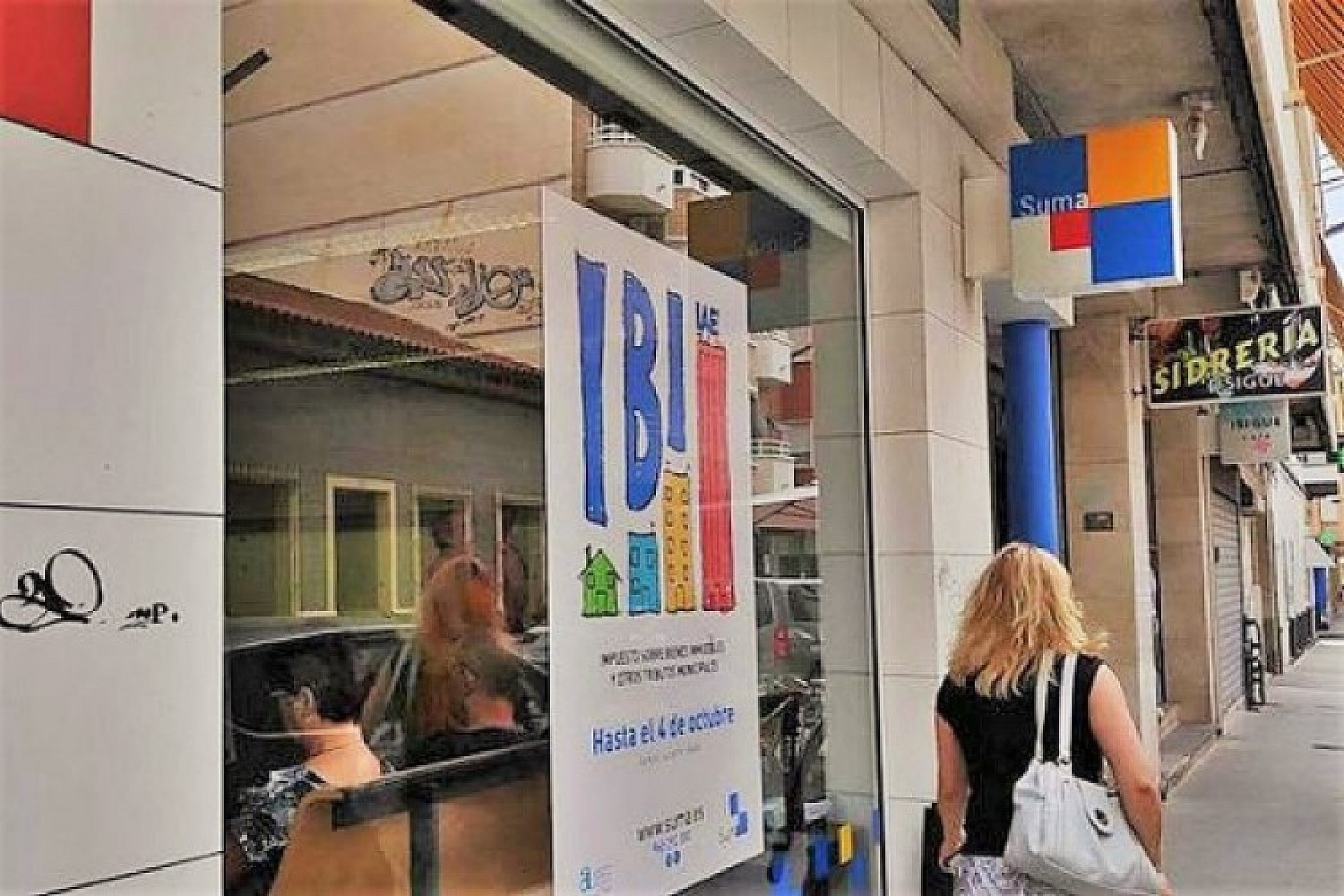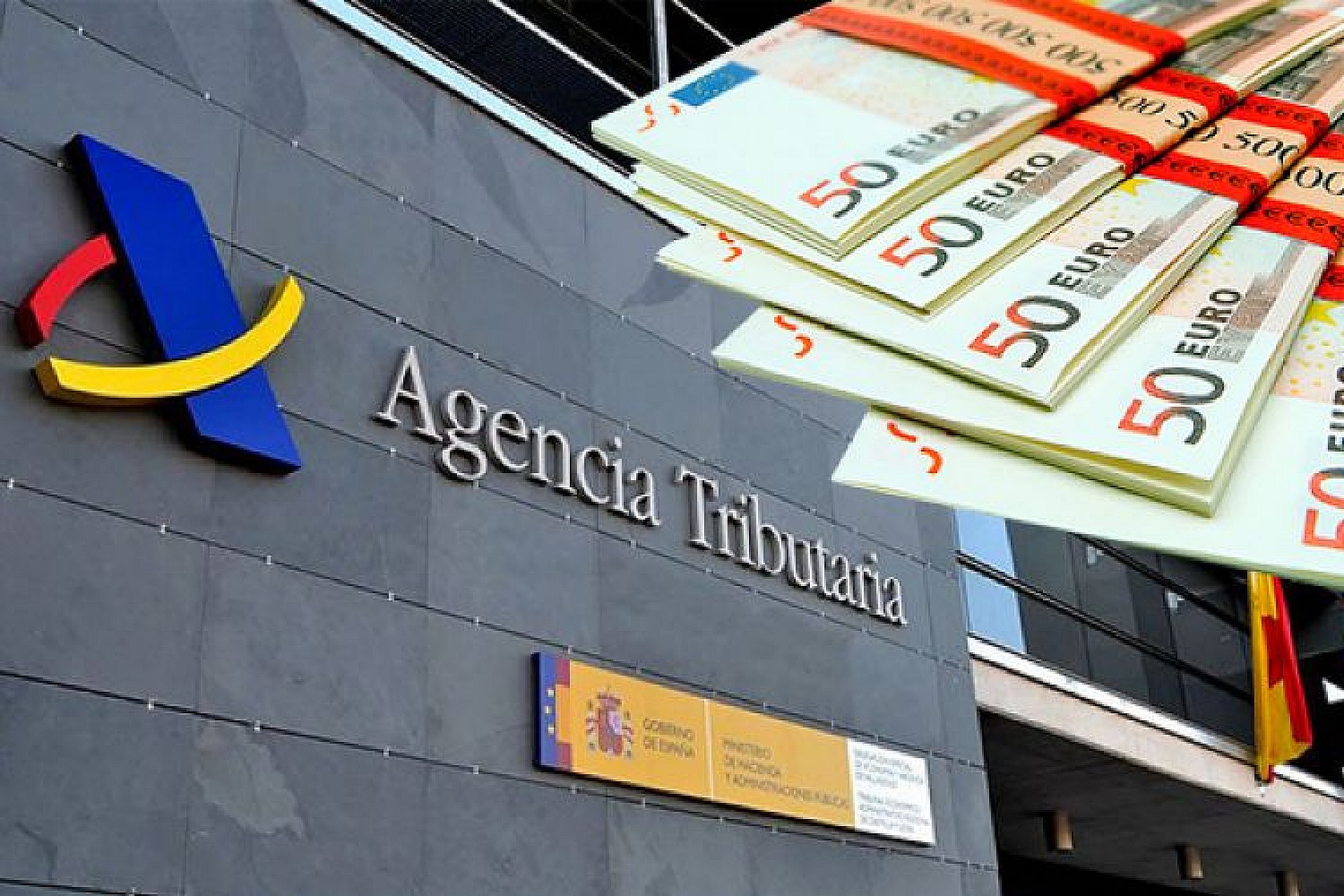As a property owner in Spain you will have to deal with a number of taxes. The exact rules, amounts and percentages for these taxes are of course subject to change, partly due to rapidly changing regulations in the EU. The information below is therefore a guideline for what you can expect as a property owner.

This annual tax, called IBI, is levied by the municipality where you live. In the province of Valencia, SUMA offices collect this tax. Almost every municipality has its own SUMA office. Most people make the payment by direct debit, to avoid a fine for late payment. In the first year after buying a property, it makes sense to check with your SUMA office when you can expect the first assessment. The rate is set by the municipality and is between 0.3% and 0.9%.
Non-residents pay income tax based on a type of rental value lump sum. The tax return must be filed before December 31 of the year following the year for which the tax is due.
Tax residents pay this progressive tax on their worldwide income. You are considered a tax resident if you have a residence permit or stay in Spain for more than 183 days per calendar year or have business and / or economic interests in Spain.

In addition, wealth tax is due for a total capital of more than 700,000 euros.
Resident owners of a property that is rented out must pay this tax. For them, 1.1% or 2% of the cadastral value of the property is added to the taxable income. The percentage depends on the date on which the value was determined.
Non-residents who rent out their property are charged additional tax over the rental period. The declaration of the net rental income must be made after the end of the quarter in which the property is rented out.
Unlike in the United Kingdom, the profit on the sale of a property in Spain can also be taxed. However, there are several ways to prevent this legally. Residents aged 65 or older, who have lived in their property for at least the last three years, are exempt. The same applies to residents who buy another property that will also serve as their primary accommodation. Non-residents must prove that they officially live in another EU country that has a tax agreement with Spain.
Plusvalia is in any case due when buying or selling a property. This is a municipal tax on the increase in value of urban areas. By law, the seller must pay this tax, unless the buyer and seller agree otherwise.